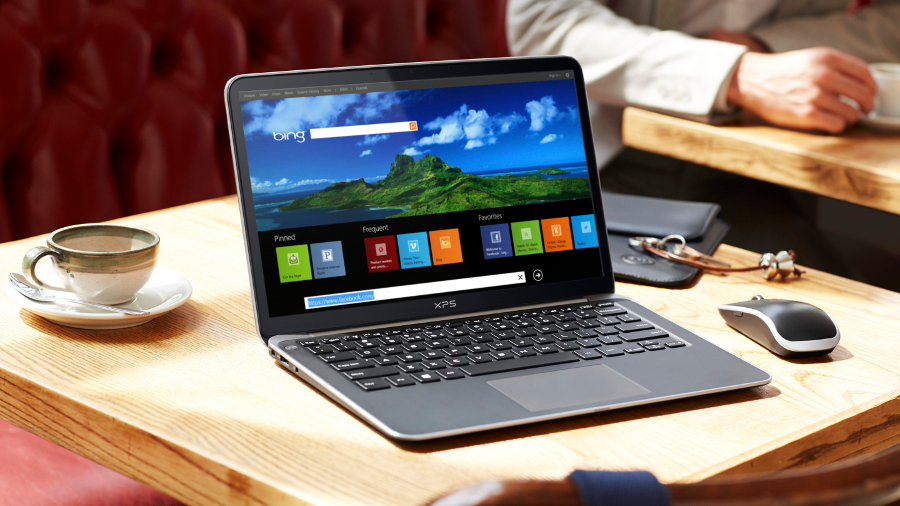Can businesses ever trust the remote worker?
Is it possible for remote working to be a boon to productivity?

Working from home is increasingly becoming commonplace. The progress of technology means that employees can keep in contact with the office and the boss. Also, workers can now request flexible working arrangements as of last June. Employees with more than 26 weeks of service can apply to bosses to work remotely.
But just because you can work from home doesn't mean that you should. A recent survey by IT security firm Imation found that a quarter of employees admitted breaking security policies to work remotely. But another study, this time from private cloud provider ConnectSolutions, found that 77% of employees report greater productivity when working remotely.
Changing the infrastructure
It is clear that businesses need to start thinking about implementing changes to their IT infrastructure, and consider the types of solutions their remote staff require regular access to.
"A good place to start would be to conduct an audit of all the software programs the business currently uses," says Maria Nordborg, director of Customer Relations at Projectplace. "The next step is to evaluate how many of these solutions can still be used by staff remotely."
She adds that it may be the case that you need to find cloud alternatives for some of the office-based software to make it easier for staff to access the programs they use on a daily basis.
So how does the manager enable better productivity while keeping corporate assets secure?
There are a few pieces of technology that can be used to keep employees on track with their work while at home. For example, "Presence" services built into Unified Communications platforms such as WebEx or Microsoft Lync will tell you instantly in real-time whether an employee is where they should be.
Are you a pro? Subscribe to our newsletter
Sign up to the TechRadar Pro newsletter to get all the top news, opinion, features and guidance your business needs to succeed!
"Online meeting services such as WebEx Event Centre and Training Centre will monitor attentiveness and the level of interaction of anyone attending and generate a real-time report for the host," says Steve O'Reilly, online meeting expert at MeetingZone.
He adds that other technologies such as CRM combined with proactive and systematic line management (setting goals, regular reviews, etc) also help to ensure levels of productivity remain high. "The staff that are unproductive at home tend to be the same ones that are unproductive in an office environment," adds O'Reilly.
When trying to ensure productivity, blocking access to particular websites (such as social media sites) could be counterproductive.
"Working life has changed and we live in an ever more connected society. The majority of people are always available either by social media or through instant messaging, email, or via their phone," says Chris Martin, Chief Technology Officer at Powwownow. "Since we are more responsive through these channels, we tend to work longer hours. Restricting access to the outside world is therefore like locking the doors to the building."
He adds that employers need to be careful not to hinder employee creativity and communication with the world, otherwise staff members and the business as a whole will become introspective and the business will fall behind with society trends and behaviours.